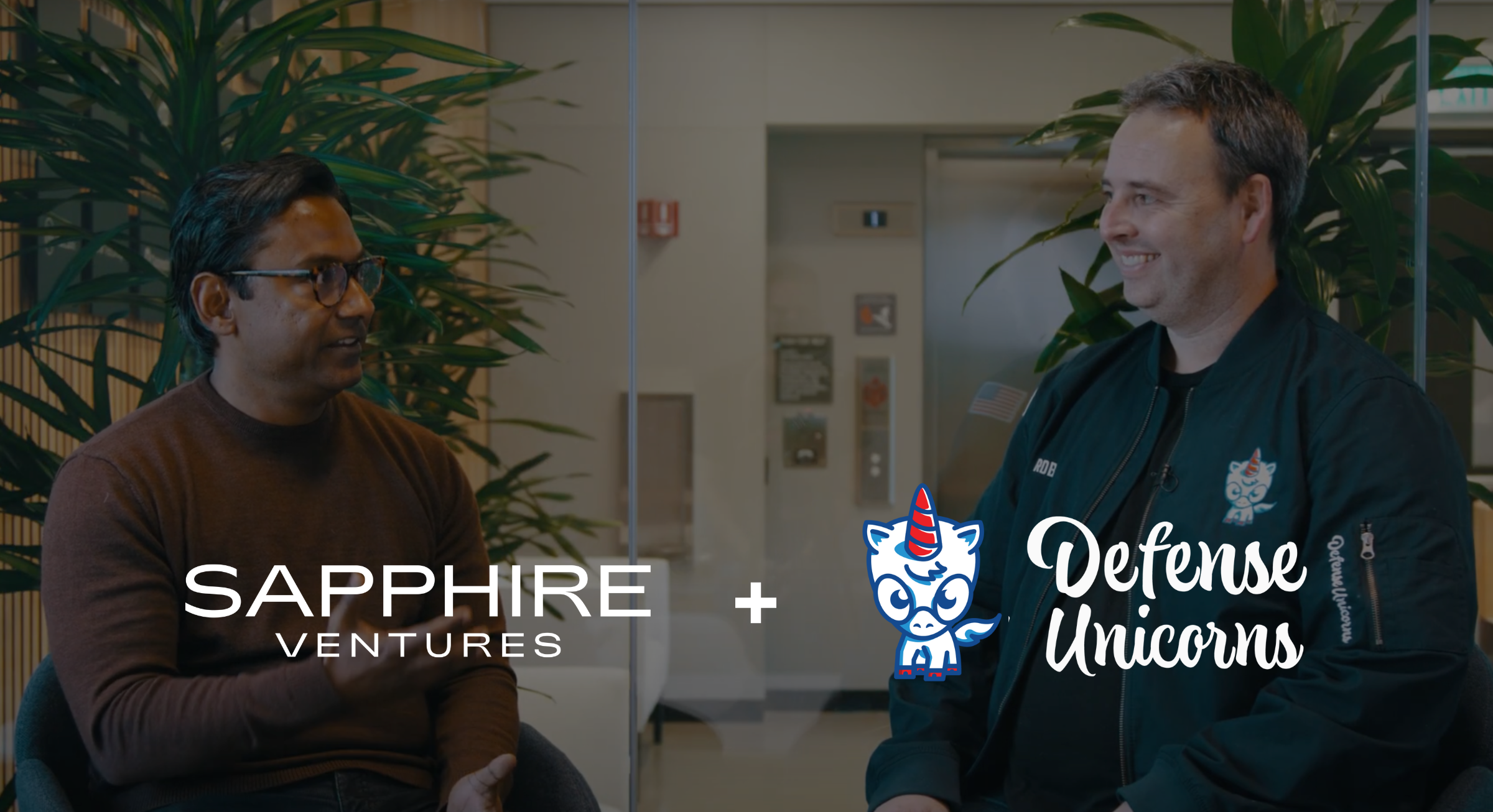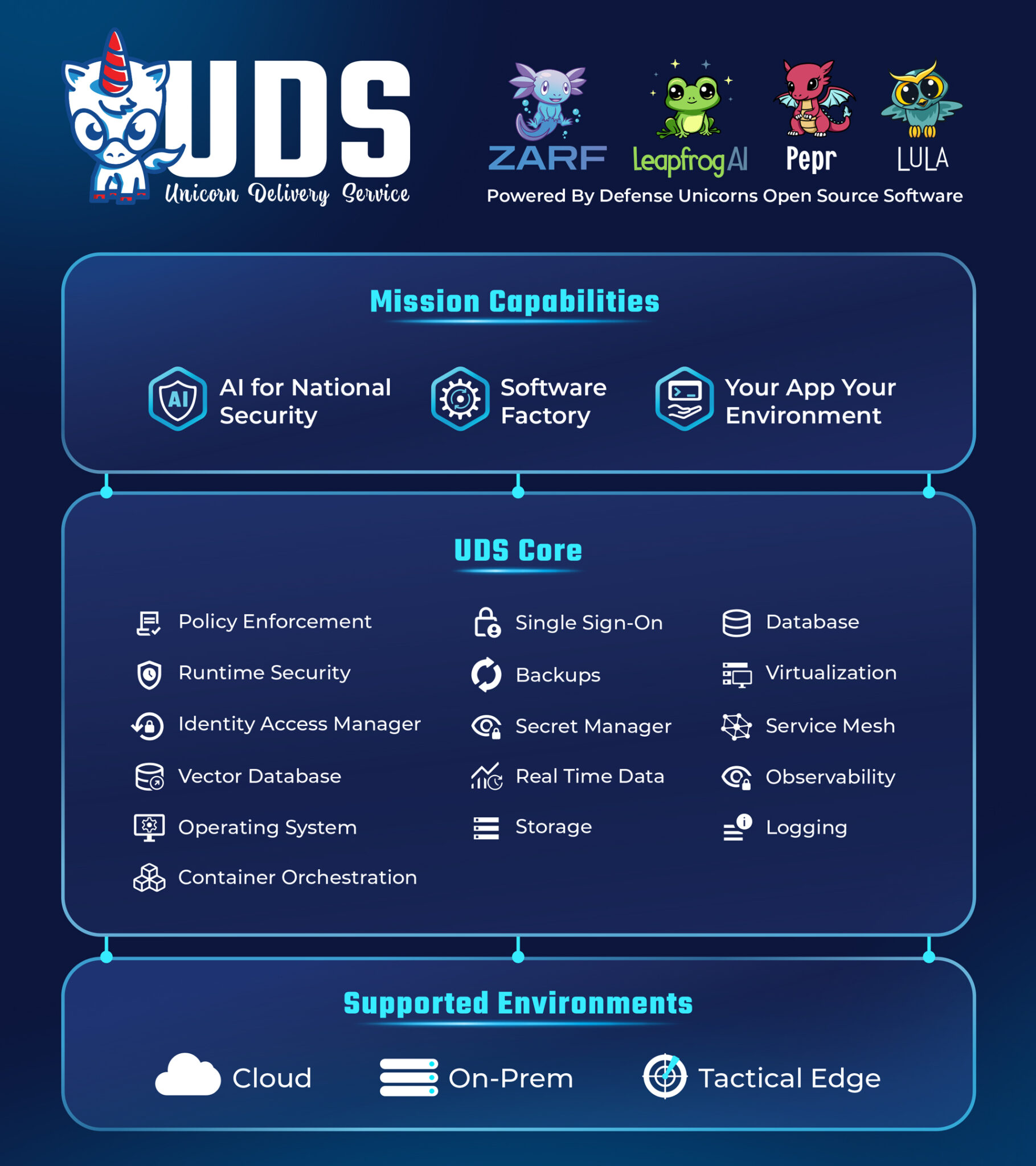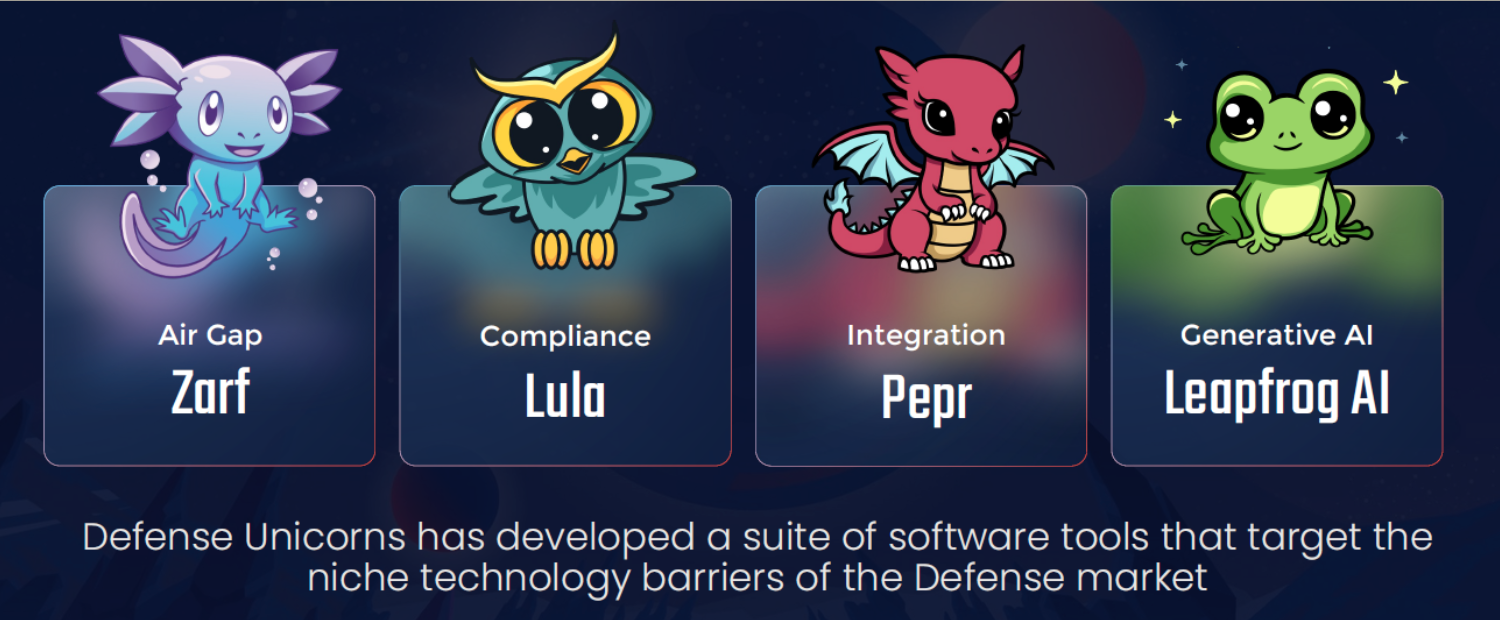
National security has stood at the precipice of a technological revolution for some time, slow to partake in the advancement of technology now widely adopted in consumers’ daily and professional lives. At Sapphire Ventures, we have witnessed remarkable progress in cloud computing, cybersecurity and most recently, generative AI. As these technologies have expanded the limits of what’s possible and catalyzed waves of innovation spanning industries and geographies, the Department of Defense has a tremendous opportunity to capitalize on these innovations and more.
Meanwhile, the current geopolitical climate has been marked by a growing number of complex threats and cyberattacks targeted at the United States. At the same time, many of the risks stemming from the country’s dependence on legacy software have underscored the need for innovative defense technologies. While the DoD’s goal to safeguard the country’s best interest remains unchanged, it is actively taking measures to improve security efforts by committing more dollars to upgrade its systems with new technologies.
Here at Sapphire Ventures, we’re embracing the market conditions stemming from this confluence of factors as we believe that they will play a monumental role in ushering in a new set of investment opportunities. In the not-so-distant future, modern technology will become materially more pervasive across the DoD, and we want to be a part of that story. To that end, we’re excited to back Defense Unicorns, a leading software startup providing open source software and AI capabilities for National Security systems, co-leading the company’s $35M Series A with Ansa Capital.
Addressing National Security’s Day 0 Technical Challenges
Decision-making and technology procurement are notoriously bureaucratic, slow and complex across government agencies, and in particular, the DoD. These processes are defined by a series of lengthy administrative procedures that require multiple rounds of approvals at every step of the way.
However, stakeholders often index too heavily on bureaucracy as the core reason for outdated IT in defense, while overlooking the underlying software just one layer deeper. After spending over a decade working in the DoD, Defense Unicorns CEO and Co-Founder Rob Slaughter has found that the primary challenge is, and continues to be, technical. To even be in the position to overcome bureaucracy, we need to first solve the Day 0 IT challenges—security hardening, continuous compliance, air-gapped delivery and observability, among others.
Bureaucracy alone is not the reason. The reason is because the software we go to war with is outdated because of technological challenges.”
Rob Slaughter
CEO and Co-Founder of Defense Unicorns
This is where Defense Unicorns shines, bringing essential national security software and AI functionality to the DoD and fundamentally altering how the DoD buys, builds, delivers and operates software for mission capabilities.
Bringing Innovative Open Source Software to Defense
Expand

Source: Defense Unicorns, Oct 2023
Defense Unicorns provides open source software and AI capabilities for National Security systems that are purpose-built to meet the many challenges and requirements that come with securely developing and deploying software on classified networks in critical environments. The company’s fully integrated software delivery platform, “UDS” or “Unicorn Delivery Service,” is a unified platform primarily built from open source components providing functionalities for container orchestration, storage, service mesh, observability, etc. The platform’s open source roots are especially critical for the defense buyer who prioritizes code-level visibility, security and flexibility. With UDS, developers are empowered to build and deploy applications quickly out-of-the-box–a model that is reminiscent of Red Hat’s, which happens to be one of Sapphire’s early investments. Defense Unicorns also supports cloud, on-premises and classified air-gapped edge environments in land, sea, air and space.
In addition, the team has built and integrated several of its own open source projects, each of which was created to solve a DoD-specific technical challenge:
- Zarf (air-gap): simplifies the setup and distribution of software packages into remote, disconnected, air-gapped environments, keeping applications and systems running even when they are disconnected
- Lula (compliance): ensures that cloud-native infrastructures, platforms and applications comply with standards and best practices
- Pepr (integration): helps IT Ops teams manage and modify resources in a Kubernetes cluster with human-writable configuration modules
- Leapfrog AI (GenAI): provides a suite of tools for deploying, operating and running GenAI in national security environments

Source: Defense Unicorns, Oct 2023
For me personally, my cofounders, and many of the early employees, it’s really about solving our own problems. A lot of us worked in the Department of Defense for a number of years… It’s hard to even realize how bad the problems are unless you’ve lived it.”
Rob Slaughter
CEO and Co-Founder of Defense Unicorns
Experienced Leadership with Roots in Defense and Open Source
We are thrilled to be partnering with Rob and the Defense Unicorns team. Rob brings extensive DoD knowledge, relationships and technical know-how, having seen and experienced challenges firsthand for over a decade at Kessel Run, SpaceCAMP, Platform One and the U.S. Air Force. He’s also cultivated a truly special culture at Defense Unicorns and assembled a team of passionate “Unicorns” who have made it their mission to transform and uplift the entire defense community for years to come.
At Sapphire Ventures, we are and will continue to be big believers in the open source ecosystem. We have a long history of backing open source companies ranging from our exited investments, including MySQL (Oracle), Red Hat (IBM), MuleSoft (Salesforce), and JFrog, to our most recent investments including StarTree (Apache Pinot), Weights & Biases, Yugabyte, Dremio (Apache Arrow), etc.
If you’re interested in learning more about Defense Unicorns, you can find more information here (and here for their open source projects). And if you’re interested in joining their growing team, check out their openings here.
Legal disclaimer
Nothing presented within this article is intended to constitute investment advice, and under no circumstances should any information provided herein be used or considered as an offer to sell or a solicitation of an offer to buy an interest in any investment fund managed by Sapphire Ventures (“Sapphire”). Information provided reflects Sapphires’ views as of a time, whereby such views are subject to change at any point and Sapphire shall not be obligated to provide notice of any change. Companies mentioned in this article are a representative sample of portfolio companies in which Sapphire has invested in which the author believes such companies fit the objective criteria stated in commentary, which do not reflect all investments made by Sapphire. A complete alphabetical list of Sapphire’s investments made by Its direct growth and sports investing strategies is available here. No assumptions should be made that investments described were or will be profitable. Due to various risks and uncertainties, actual events, results or the actual experience may differ materially from those reflected or contemplated in these statements. Nothing contained in this article may be relied upon as a guarantee or assurance as to the future success of any particular company. Past performance is not indicative of future results.










